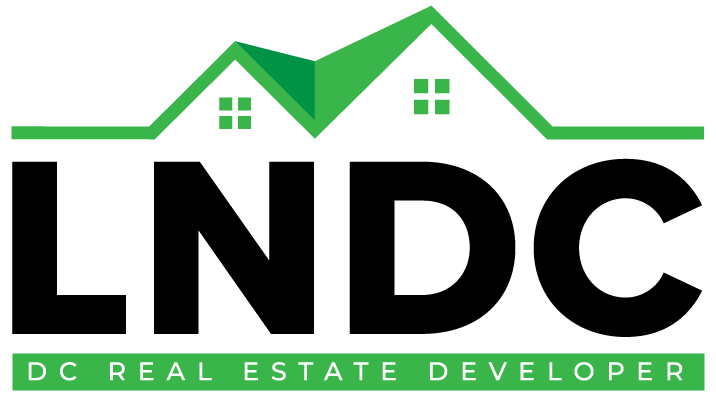Top Real Estate Market Trends to Watch in 2024
As we step into 2024, the real estate market is showing some exciting new trends, and understanding them can give buyers, sellers, and investors an edge. From shifts in demand to emerging technology, this year’s real estate trends could transform the way we think about property. Let’s dive into the top real estate market trends to watch in 2024.
1. Rise of Sustainable and Eco-Friendly Properties
Environmental awareness is making a significant impact on real estate, with more buyers seeking homes with sustainable features. Energy-efficient systems, green building materials, and solar power have become big selling points for modern properties. In 2024, expect to see a demand for homes with eco-friendly features like:
- Solar panels to reduce energy costs
- Energy-efficient windows and appliances
- Sustainable landscaping with drought-resistant plants
This trend not only meets buyers’ desires for eco-friendly living but also aligns with the global push towards reducing carbon footprints. For investors, focusing on properties with sustainable upgrades might bring in higher returns as eco-conscious buyers look for greener options.
If you’re interested in properties with the latest sustainable features, be sure to check out LNDC’s upcoming properties to see what’s in store for eco-friendly living.
2. Tech-Integrated Smart Homes on the Rise
In 2024, technology continues to shape real estate trends, with smart homes becoming increasingly popular. Today’s buyers are drawn to homes equipped with smart features like automated lighting, thermostats, and security systems that can be controlled with a smartphone.
For homebuyers, smart home features offer convenience, security, and even energy savings. On the flip side, sellers and real estate developers should take note—integrating smart technology can boost property values and make listings more attractive. Here are some tech features trending this year:
- Voice-activated systems for hands-free control
- AI security systems that enhance safety
- Smart lighting and temperature control for better energy management
Interested in a property with high-tech upgrades? Take a look at LNDC’s properties on market to find listings with cutting-edge technology.
3. A Shift Towards Suburban and Rural Living
The appeal of suburban and rural living, which became prominent during the pandemic, shows no signs of slowing down in 2024. Many buyers are still seeking larger, more affordable homes outside urban centers, especially as remote work becomes more common. With lower property prices, spacious layouts, and a peaceful environment, suburban and rural areas are attracting families, retirees, and professionals.
For real estate investors, this trend opens up a range of opportunities. Expanding your search to suburban or rural locations may reveal affordable properties with strong potential for appreciation. Here’s why these areas are so popular:
- More space at lower costs
- Access to nature and open areas
- Growing communities with new amenities and infrastructure
If you’re looking to explore properties in diverse locations, our homepage can help you navigate options that match your lifestyle and budget.
4. Demand for Affordable Housing and Multifamily Units
With rising property prices, affordable housing remains a critical need, especially in urban centers. In 2024, multifamily developments and affordable housing units are likely to see growing demand. As affordability becomes a top priority, investors and developers are looking into mixed-use developments and co-living spaces that maximize space without breaking the bank.
This trend isn’t just limited to buyers. Real estate investors are also seeing the potential in multifamily units, as they offer a steady income stream and can attract long-term tenants. Key benefits include:
- Lower individual costs for renters and homeowners
- Flexible living arrangements for young professionals and families
- Income stability for landlords and investors
Considering a property investment? Explore LNDC’s upcoming properties to stay updated on multifamily units and affordable housing developments on the horizon.
Embrace 2024’s Real Estate Trends with Confidence
Whether you’re a buyer, seller, or investor, these real estate trends provide valuable insights into where the market is headed in 2024. From smart home tech to affordable living solutions, this year’s real estate trends are a reminder that adapting to change can open doors to new opportunities.
Ready to dive into the real estate market? Reach out to LNDC today for expert guidance on finding the perfect property for you!











